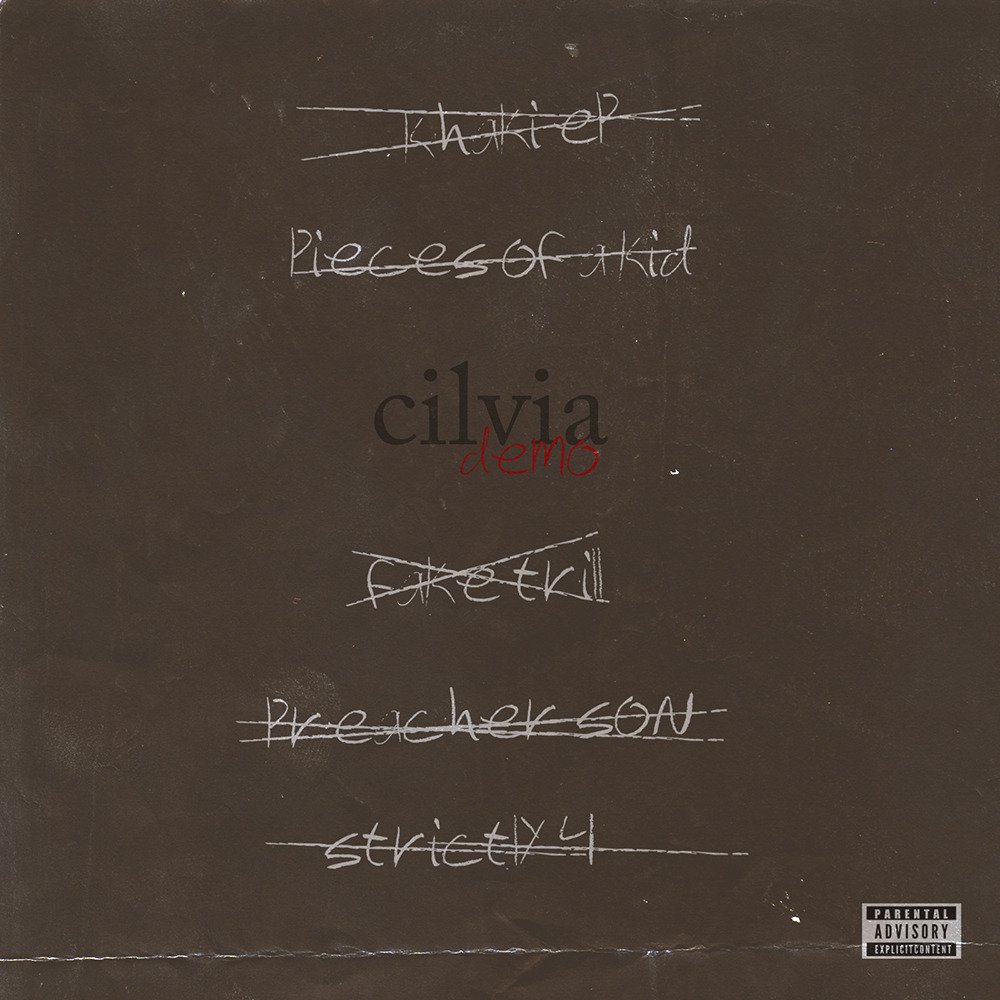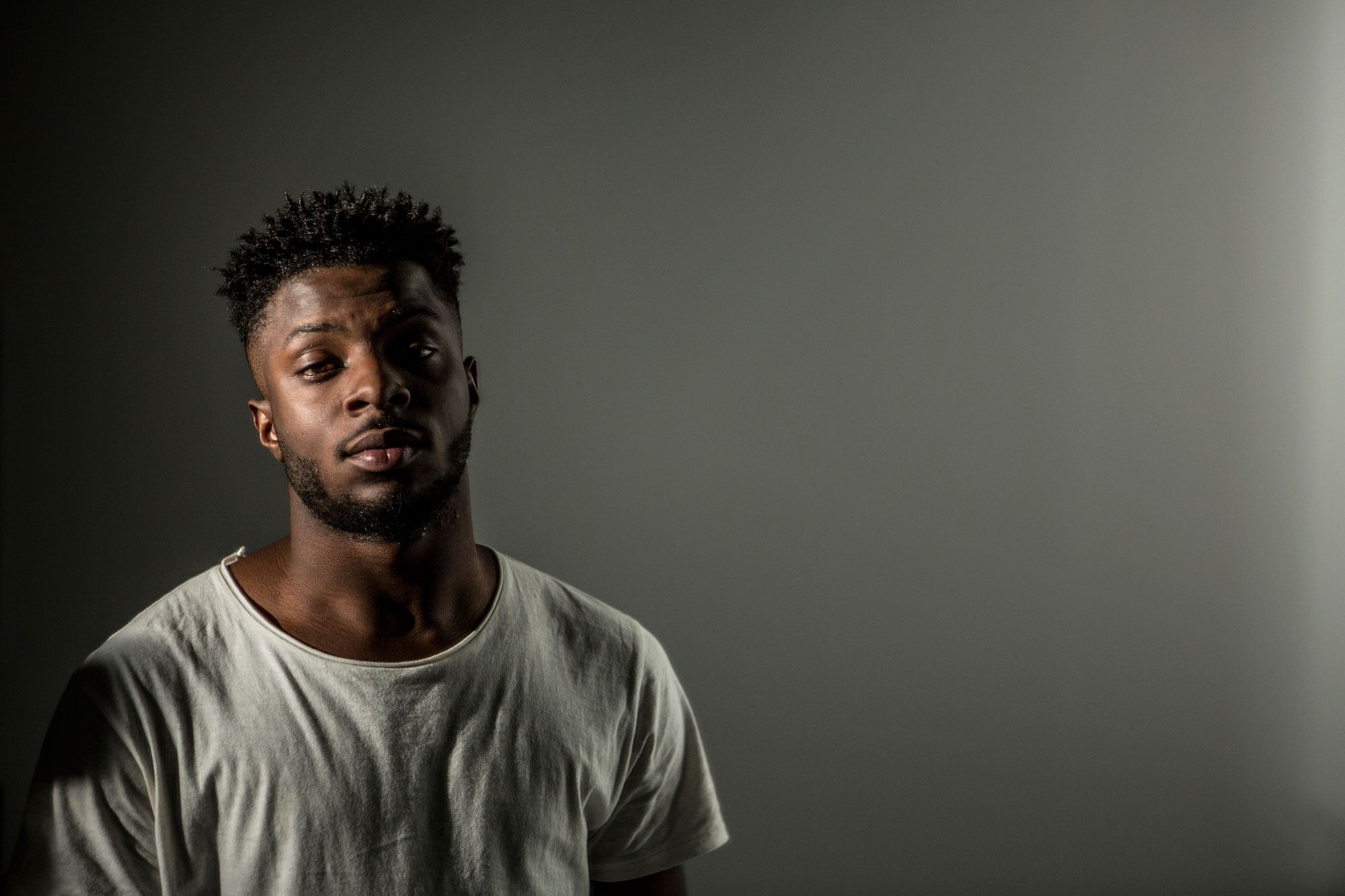
When we develop a profound love for an artist, that connection surpasses their music into something deeper. A relationship that’s established off auditory appreciation becomes a desire to understand the individual’s logic and reasoning—we want to understand their brain’s wiring, their thought process. In Hip Hop, that psyche representation manifests through the genre’s core principle: lyricsm.
An artist’s bond with the pen and paper (or phones for today’s wordsmiths) is sacred. Unfortunately, a quasi Hip Hop prerequisite is converting distress from horrid upbringings into lyrical ammunition—pain’s magnitude and a story’s power are typically correlated. Most rappers represent their environment’s margin by transcending statistics, predicating a therapeutic outlet. Given these suffocating personal backgrounds, mental transcription proves cathartic for artists, as describing these haunting stories depressurizes their minds.
While today’s Hip Hop landscape is a far cry from its poetic foundation, there are fortunately still rappers who cherish lyricsm. Artists like Kendrick, J. Cole, and Joey Bada$$ instantly come to mind, but other rappers are adapting their memories into contemplative stories as well.
The other day while driving my trusted ’05 minivan, I was looking for the ideal Hip Hop music for touring New Jersey’s suburbia—a little bit of an oxymoron, no? Recently, I’ve been on a throwback kick (relatively speaking), prompting me to consume albums such as Bryson Tiller’s T R A P S O U L and Future’s Honest. Returning to old projects with a refurbished perspective allows for deeper album dissection, imparting a better understanding. After hearing Bryson talk about putting in that OT for the twelfth time on “Overtime,” I decided to expand upon my nostalgia.
Perusing thousands of songs with zero guidance can be daunting—and sometimes unfruitful. But when you find that right artist or track, the gravitational pull is too strong to ignore. While scrolling through my library the other day, Isaiah Rashad’s Cilvia Demo was the sun, I was its earth.
Running through that album instantly planted me in 2014: second semester of my senior year at The University of Pittsburgh. It’s an ambivalent period: the excitement from no longer taking tests, impending academic liberation, and zero regard for one’s liver is suppressed by fear, doubt, and uncertainty. Do I sink into conventional corporate quicksand? Do I pursue my dreams? What the fuck am I supposed to do with the rest of my life? The questions can be crippling, causing us to seek refuge in any way, shape, or form. For me, that refuge materialized as Zay’s Cilvia Demo.

I can’t quite pinpoint one exact reason for my sentimental tie to this project. It represents his plight to be different, which preserves his identity—relatable material for a college senior. The experimental production that’s loosely rooted in Zay’s Tennessee origin comprises an intriguing texture that reflects Rashad’s dynamic personality. This eclectic musical springboard collaborates with Zay’s smooth, southern twang-peppered-flow to launch his complex thoughts. The EP’s opener, “Hereditary,” discusses the adverse effects of inheriting his father’s poor characteristics, evidenced by verse one’s opening line, “My daddy taught me how to drink my pain away,” foreshadowing his battle with addiction, which delayed his debut album, The Sun’s Tirade. “R.I.P. Kevin Miller” pays homage to Master P’s deceased brother—who is an inspiration to Rashad—while surveying his expansive influences, including André 3000, Gucci Mane, and Pimp C. Zay’s perspective on death, growth, and his upbringing intertwine to structure the album’s dark coming-of-age narrative, facilitated by his graceful command of the English language. Isaiah’s beautiful, raw passion soars on the wings of his clever wordplay, insightful references, and descriptive storytelling. Simply put, it’s just a damn good album that I found comforting in an uncertain time.
Back in the good ol’ trusted minivan, I was quickly reminded of Cilvia Demo’s merit; I could feel the album’s familiarity alleviate my stress. Song by song, I was taken back to a different moment during that last semester: the hard-hitting beat of “Soliloquy” reminds me of my “fuck the world” mentality after learning that I might fail Philosophy; the production and conceptual serenity from “West Savanah” instantly bring me back to my college sex playlist; the calmness of “Tranquility” conjures up fond memories of late night blunt sessions with the boys. But one track in particular stands out from the rest.
“Yo, now ever since I was young, had a gift for the tongue / This shit might open the door,” Isaiah raps across the ethereal yet intense “Banana” production. The initial airy, dispersed sonics provide a loose structure that ironically recruits Isaiah’s most lucid flow. The juxtaposition of the soft melody and up-tempo diction clash nicely to form a diverging aesthetic that spaces out your thoughts while somehow centering them. About halfway through verse one, the beat drops, allowing it to catch up to Zay’s rhetoric to formulate a layered instrumental; the seesaw tempo pattern cycles throughout the song's remainder. But while jamming in my minivan, I was so enamored by the beat that I forgot to digest the lyrics. I felt guilty.
“Come on, guy! You call yourself a Hip Hop head?!” I yelled at myself. After three consecutive listens, I exhaled, and was content with my cognition. Even though I’d heard this song countless times, I forgot what it was about—I felt awfully that I’d overlooked Isaiah’s message in favor of the production. I pictured Rashad sitting in his room pensively writing this track while saying, “Man, I hope my true fans really listen to this one!” Apologies for the delay—I got you now, Zay.
“Banana” is the album’s coming-of-age microcosm. It’s an introspective tale that finds Isaiah identifying his malevolent environment’s limitations, while accepting its trappings. Nurtured by his surroundings in lieu of a father, Zay understands and accepts that for better or worse, he is a product of his hometown Chattanooga. These negative surroundings influenced his illicit past, forcing him to cope through self-medicating and writing, while giving him that edge to corner the rap market. Without this environment, he probably wouldn’t have been subjected to illegalities and a dark conscious, but he also wouldn’t enjoy his current well-regarded rap status. “Banana” is his confession booth.
Cilvia Demo will always hold a special place in my heart. The sentimentality from listening to it during my last college semester frames it positively, but Isaiah’s raw, well-told auto-biography makes it a classic for me. His origin story is a turbulent journey that scales life’s precipice. It features our protagonist accepting and using his circumstances, flaws, and attributes to conquer his goals on his terms. It shows a man, filled with good and shadowed by evil, simply trying to make his way in this world to the best of his abilities. It is unapologetic, it is powerful. It is life, as told by Isaiah Rashad.






